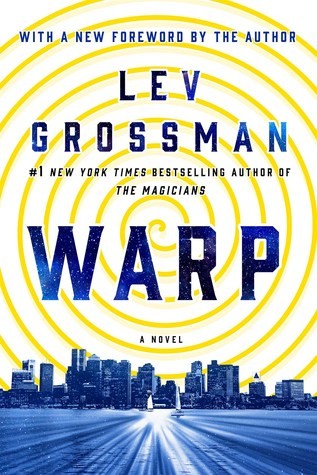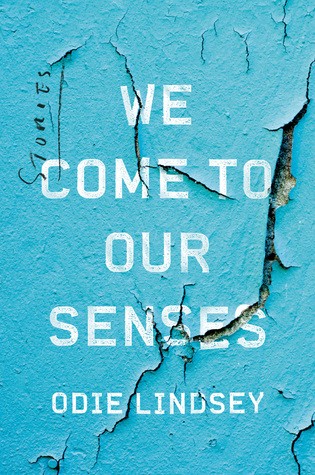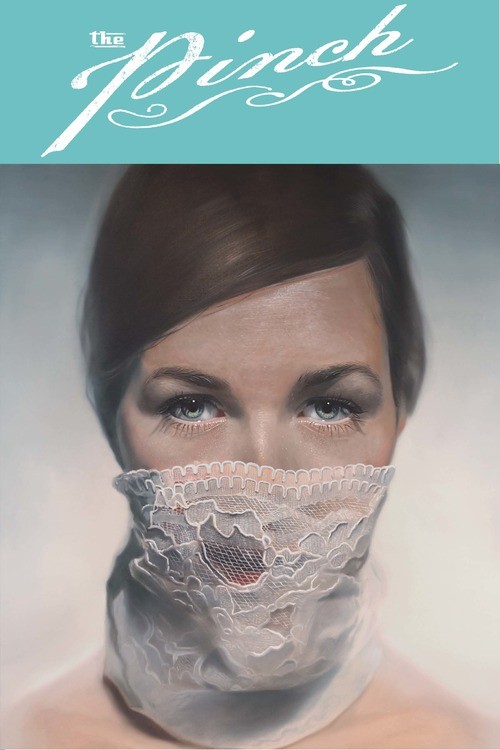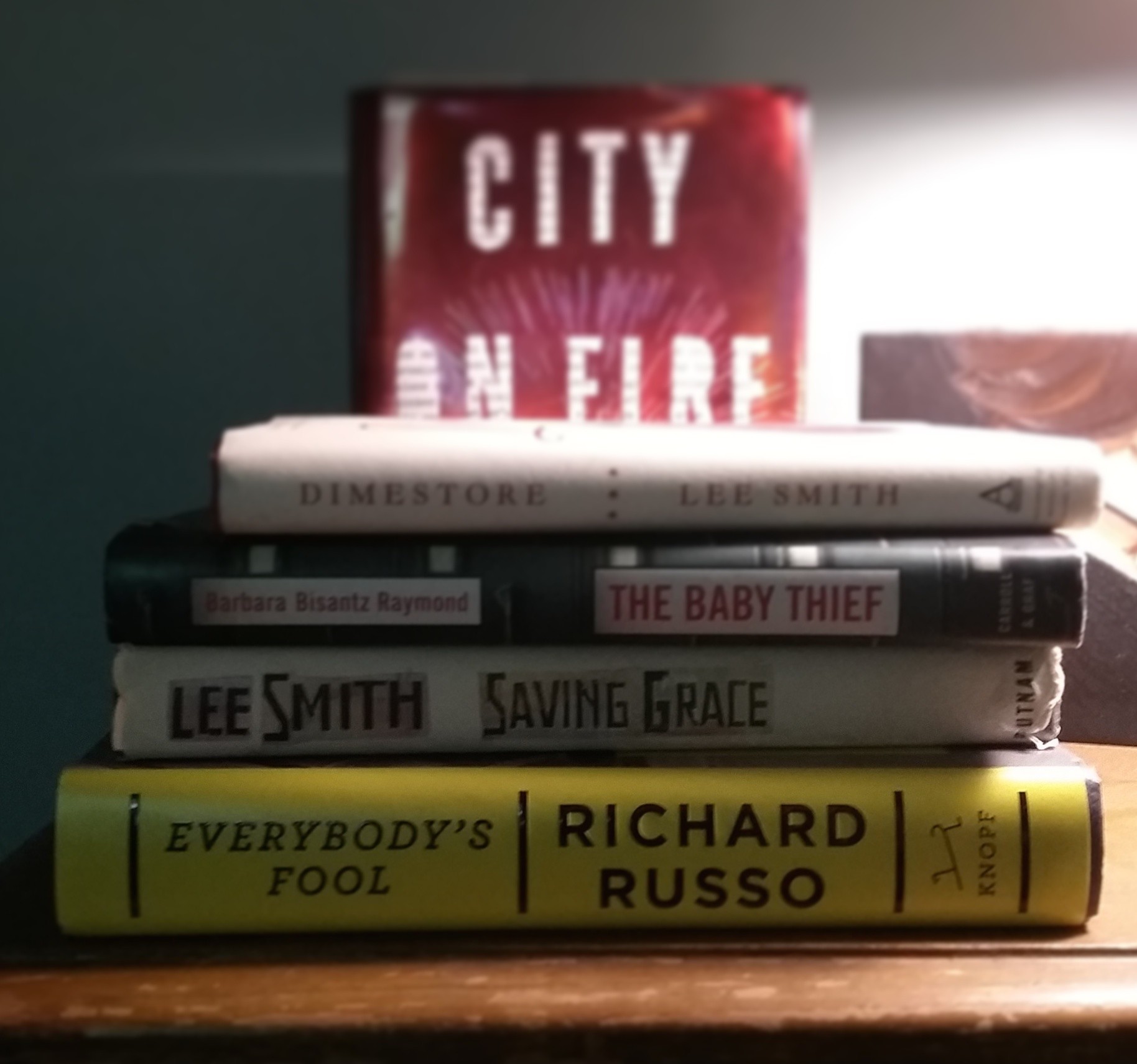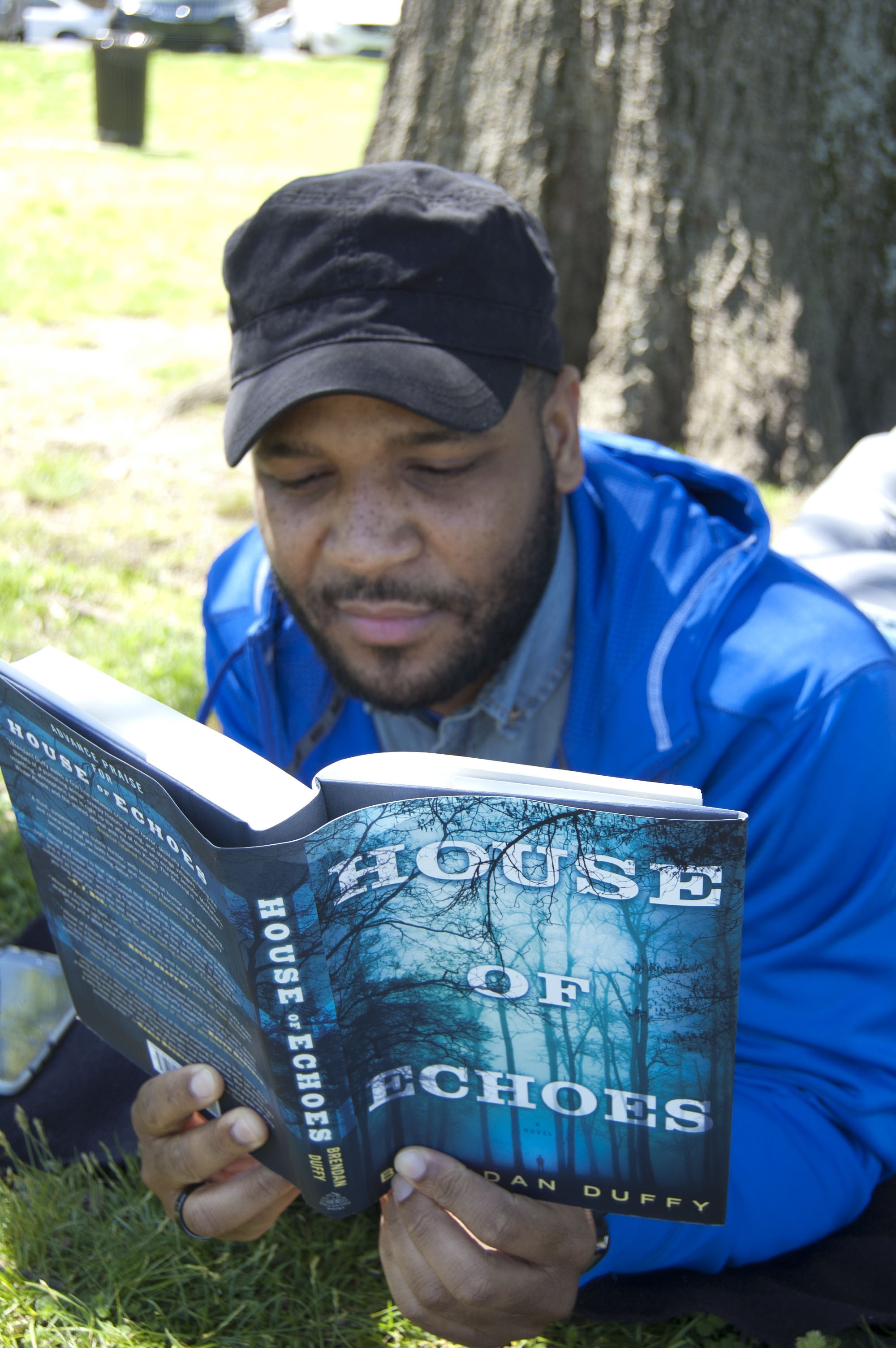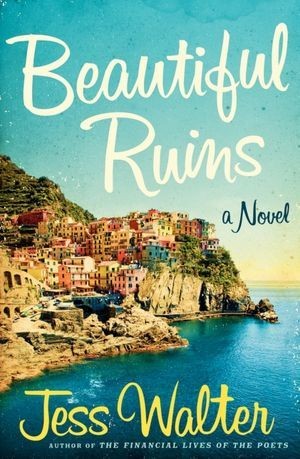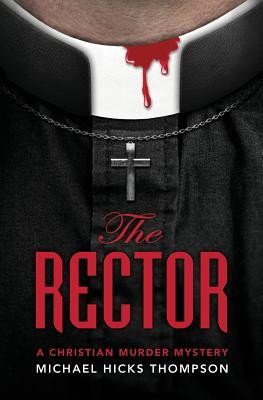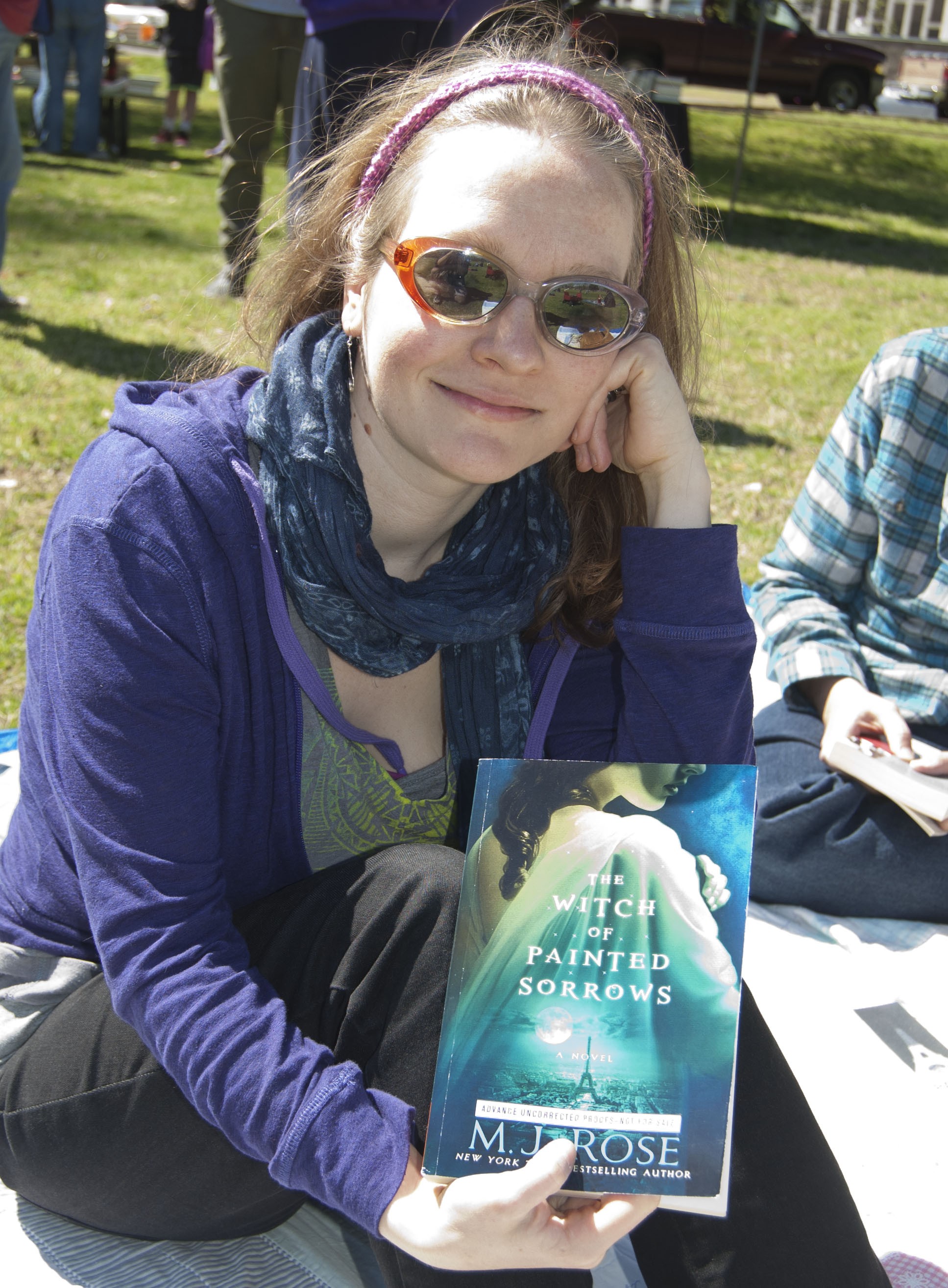
Jamey Hatley
Memphis fiction writer Jamey Hatley has won a 2016 Rona Jaffe Foundation Writer’s Award, given annually to six women writers who demonstrate excellence and promise in the early stages of their careers, the awards are $30,000 each.
Jamey Hatley is working on her first novel, The Dream-Singers. It is the story of twins, one born at the moment Martin Luther King, Jr., delivers his final speech and the other at the moment King dies. After the devastation of the assassination, the people in an all-black neighborhood of Memphis fixate on the babies as a symbol of hope. Their hope is short-lived when the boy twin dies under mysterious circumstances just three months later. Her nominator writes, “Reading her work is like witnessing past, present, and future on one page. She creates a very convincing community and voice through her use of fable.”
Hatley has recently returned to her hometown of Memphis to care for her elderly parents. She says, “So many of the themes that were already present in my novel have become starkly real since my return: dreams as debt, who gets to leave home and who must stay, the responsibility to home, and collective amnesia. It attempts to interrogate the cliché to ‘just follow your dreams’ and reveal what a complex proposition that is for a community where one of the most famous dreamers of all time is killed.”
Her work has appeared in Callaloo, The Account, and Oxford American, among others. She has attended Bread Loaf Writers’ Conference for the past five years and is the recipient of a 2016 National Endowment for the Arts fellowship. She received her B.S. from the University of Tennessee, her M.A. in journalism from the University of Memphis, and her M.F.A. from Louisiana State University. Hatley plans to use her award to cover living expenses during the next year so she can write full-time and complete her novel.
Novelist Rona Jaffe (1931-2005) established The Rona Jaffe Foundation Writers’ Awards program in 1995. Now in its 22nd year, the awards have helped women to build successful writing careers by offering encouragement and financial support at a critical time. It is the only national literary awards program of its kind dedicated to supporting women writers exclusively. Since the program began, the Foundation has awarded more than $2 million to emergent women writers, including several who have gone on to critical acclaim, such as Elif Batuman, Eula Biss, Lan Samantha Chang, Rivka Galchen, Rebecca Lee, ZZ Packer, Kirstin Valdez Quade, Sharifa Rhodes-Pitts, Tracy K. Smith, Mary Szybist, and Tiphanie Yanique.
